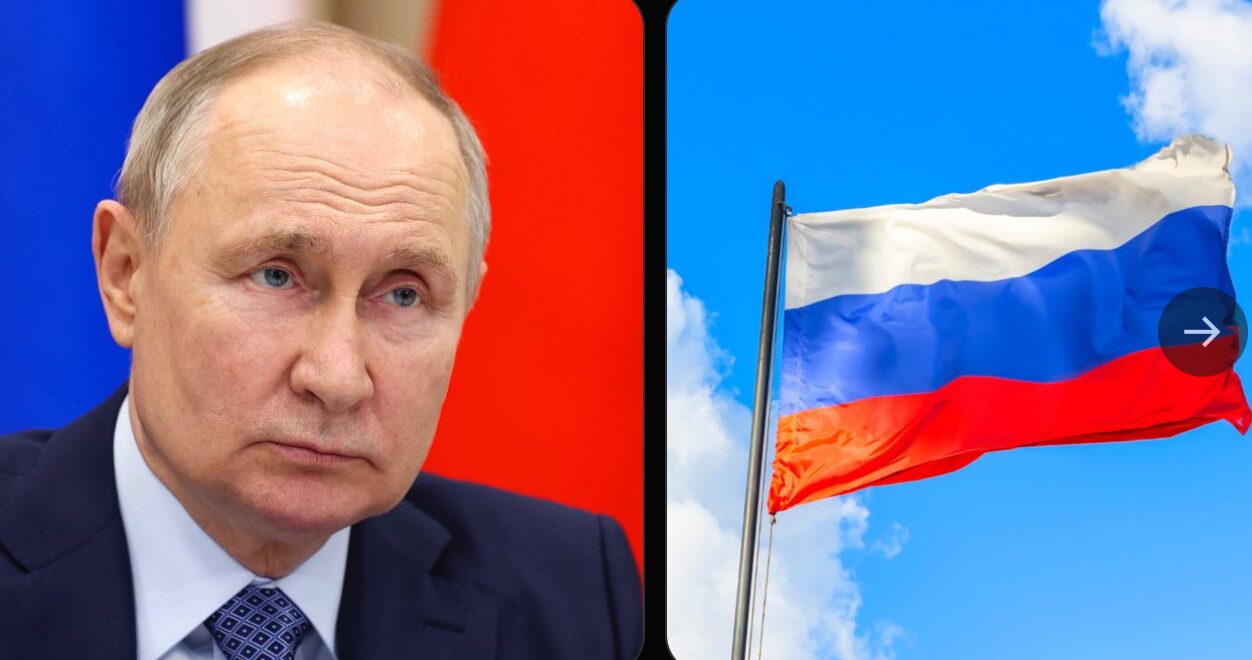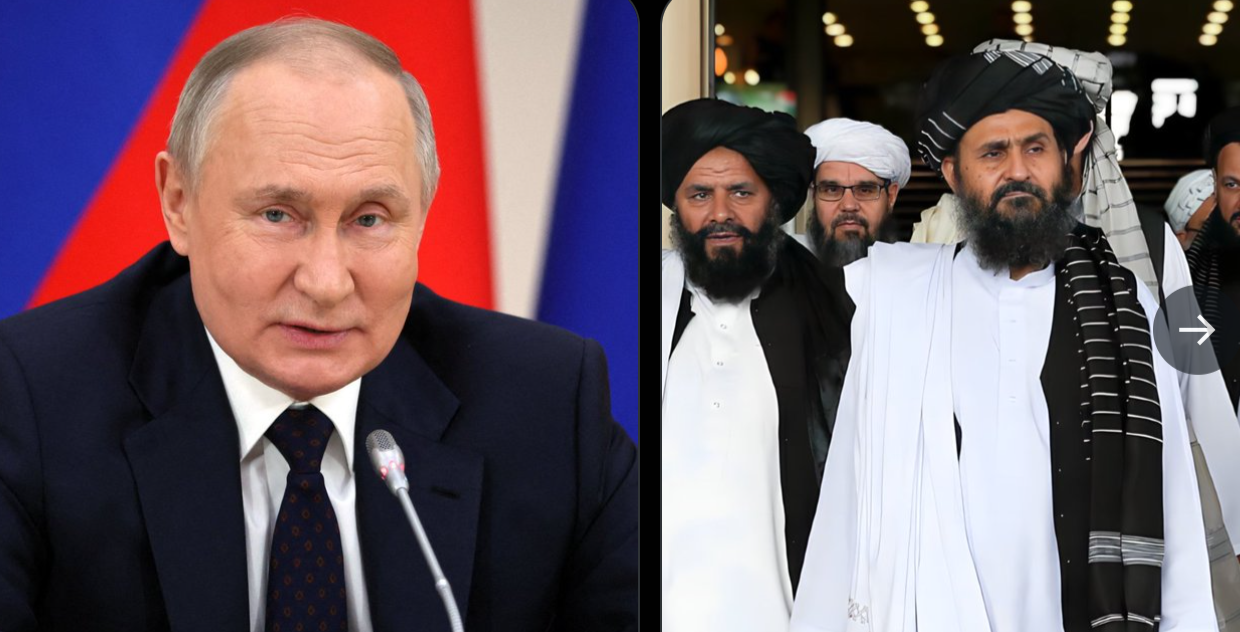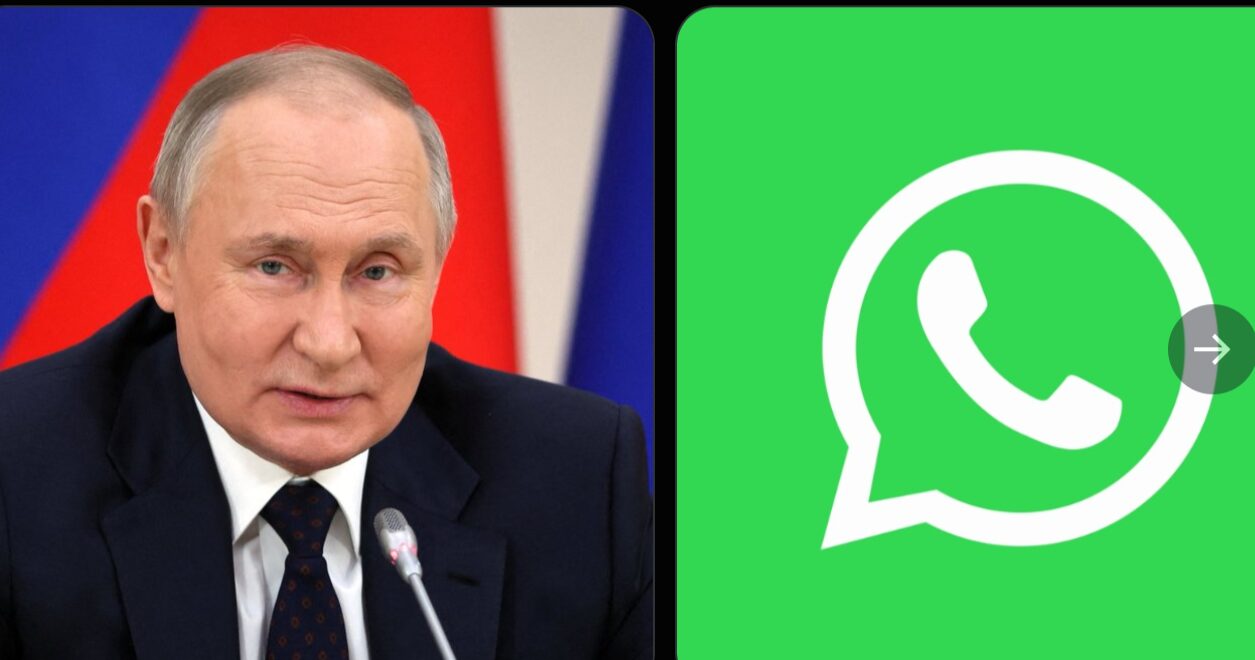RUSSIA’S FREE CANCER VACCINE to be released in 2025
Russia’s Revolutionary Cancer Vaccine Set to Launch in 2025: A New Era in Cancer Treatment
In a groundbreaking development that has the potential to revolutionize cancer treatment worldwide, Russia has announced the upcoming release of a free cancer vaccine, set to become available in 2025. This innovative vaccine has garnered significant attention due to its promise to change the landscape of cancer care, offering a new method of fighting cancer and potentially saving millions of lives.
The vaccine, developed by Russian scientists, is touted as a significant step forward in cancer research and could provide a crucial tool in the battle against various types of cancer. By leveraging cutting-edge biotechnology, this cancer vaccine aims to strengthen the immune system’s ability to recognize and destroy cancerous cells. But what makes this vaccine so special, and how could it impact the global fight against cancer? Let’s delve into the details of this breakthrough, the science behind it, and the potential implications for patients and healthcare systems worldwide.
What Is Russia’s Cancer Vaccine?
Russia’s cancer vaccine is not a traditional vaccine that prevents cancer before it develops, like vaccines for diseases such as measles or influenza. Instead, it is a therapeutic vaccine designed to enhance the body’s immune system to fight existing cancer cells. The vaccine works by stimulating the immune system to target and destroy cancerous cells, which often evade the immune system due to their ability to mimic normal cells.
The vaccine is based on advanced biotechnology, specifically immunotherapy, which has become a cutting-edge approach in cancer treatment. Immunotherapy involves the use of substances that encourage or restore the immune system’s ability to fight cancer. Russia’s cancer vaccine builds on this concept by using a combination of peptides—short chains of amino acids—that help the immune system recognize cancer cells more effectively.
Key Features of the Cancer Vaccine
- Targeted Immunotherapy: Unlike traditional cancer treatments like chemotherapy, which attack both cancerous and healthy cells, the cancer vaccine is designed to target only cancer cells. This minimizes damage to healthy tissue and reduces the side effects often associated with chemotherapy, such as hair loss and fatigue.
- Broad Application: Early research suggests that the vaccine could be effective against multiple types of cancer, including breast cancer, lung cancer, and melanoma. This makes it a versatile tool in the fight against cancer, which is notorious for its diversity and complexity.
- Personalized Treatment: The vaccine can be adapted for individual patients based on their unique cancer profiles. This personalization could improve treatment efficacy, offering more hope to those battling aggressive or hard-to-treat cancers.
- Free Access: One of the most significant aspects of the vaccine’s release is that it will be available for free in Russia, which could pave the way for global discussions on equitable access to cancer treatments. The Russian government’s commitment to making the vaccine available without cost for its citizens signals a major shift in how cancer care is approached, potentially influencing healthcare policies worldwide.
The Science Behind the Vaccine
The development of Russia’s cancer vaccine is rooted in decades of research into immunotherapy and cancer biology. The vaccine works by stimulating the patient’s immune system to recognize and attack cancer cells. It does so by introducing specific tumor-associated antigens or peptides into the body. These peptides are proteins that are commonly found on the surface of cancer cells but are not typically recognized by the immune system as foreign invaders.
Once the immune system detects these peptides, it triggers an immune response, mobilizing white blood cells to attack and destroy the cancer cells that display these antigens. The hope is that, over time, the immune system will develop “memory” and be able to recognize and fight cancer cells if they appear again, reducing the risk of recurrence.
The vaccine is expected to be administered as part of a treatment regimen, often in combination with other therapies like surgery, radiation, or chemotherapy. While still in the trial stages, early results from clinical studies have shown promising outcomes, with patients experiencing reduced tumor size and improved immune responses.
Potential Impact on Global Cancer Treatment
Russia’s cancer vaccine has the potential to reshape the way cancer is treated, not only in Russia but also worldwide. If successful, it could offer a new line of defense against cancer, one of the leading causes of death globally. Here’s how this vaccine could impact cancer care on a larger scale:
- Reduced Side Effects: Traditional cancer treatments, particularly chemotherapy, are known for their harsh side effects. The vaccine’s targeted approach could significantly reduce these side effects, improving the quality of life for cancer patients.
- Improved Survival Rates: By strengthening the immune system’s ability to recognize and fight cancer, the vaccine could improve survival rates, particularly for patients with cancers that are difficult to treat with conventional therapies.
- Accessibility and Affordability: The decision to make the vaccine available for free in Russia could set a precedent for other countries, particularly those with high cancer burdens but limited access to expensive treatments. If other nations follow suit or if the vaccine becomes widely available through international partnerships, it could make cancer treatment more accessible to underserved populations.
- Complementary to Existing Treatments: The vaccine could be used in conjunction with other treatments, such as surgery or radiation, making it a valuable addition to the current arsenal of cancer therapies. It could also be a viable option for patients who have exhausted other treatment options or have cancer that is resistant to traditional therapies.
- Global Partnerships: If the vaccine proves successful, Russia could collaborate with other countries and international health organizations to distribute it globally. This could lead to the creation of a worldwide network for cancer treatment and research, facilitating greater knowledge sharing and innovation.
Challenges and Considerations
While the announcement of the cancer vaccine has been met with excitement, there are several factors that need to be considered before it can be widely adopted. Some of the key challenges include:
- Regulatory Approvals: The vaccine must undergo rigorous testing and approval processes in Russia and other countries. Regulatory bodies such as the U.S. Food and Drug Administration (FDA) and the European Medicines Agency (EMA) will need to evaluate the vaccine’s safety and efficacy before it can be marketed outside of Russia.
- Scalability: Manufacturing and distributing the vaccine on a global scale presents logistical challenges. Ensuring that the vaccine is available in sufficient quantities to meet demand, particularly in low- and middle-income countries, will be essential for its success.
- Clinical Trial Results: While early research shows promise, long-term clinical trials are necessary to determine the vaccine’s true effectiveness and potential side effects. The results of these trials will be crucial in confirming whether the vaccine can live up to its early expectations.
- Cost of Global Distribution: Although the vaccine will be free in Russia, distributing it globally could require significant investment. Governments and international health organizations will need to determine how to fund its distribution, especially in countries where healthcare budgets are already stretched thin.
Conclusion: A Promising Future for Cancer Treatment
Russia’s cancer vaccine represents a major step forward in cancer research and treatment. If it proves to be as effective as anticipated, it could provide millions of people with a new, more targeted way to fight cancer, offering hope to those who have long struggled with the side effects and limited success of traditional treatments.
Set to launch in 2025, the vaccine is expected to become a cornerstone in the global fight against cancer, with Russia playing a pivotal role in shaping the future of cancer immunotherapy. With its potential to reduce side effects, improve survival rates, and provide access to life-saving treatment for millions, this cancer vaccine could usher in a new era in cancer care—one where more lives are saved and cancer no longer holds the same fear and devastation it once did.

















Post Comment